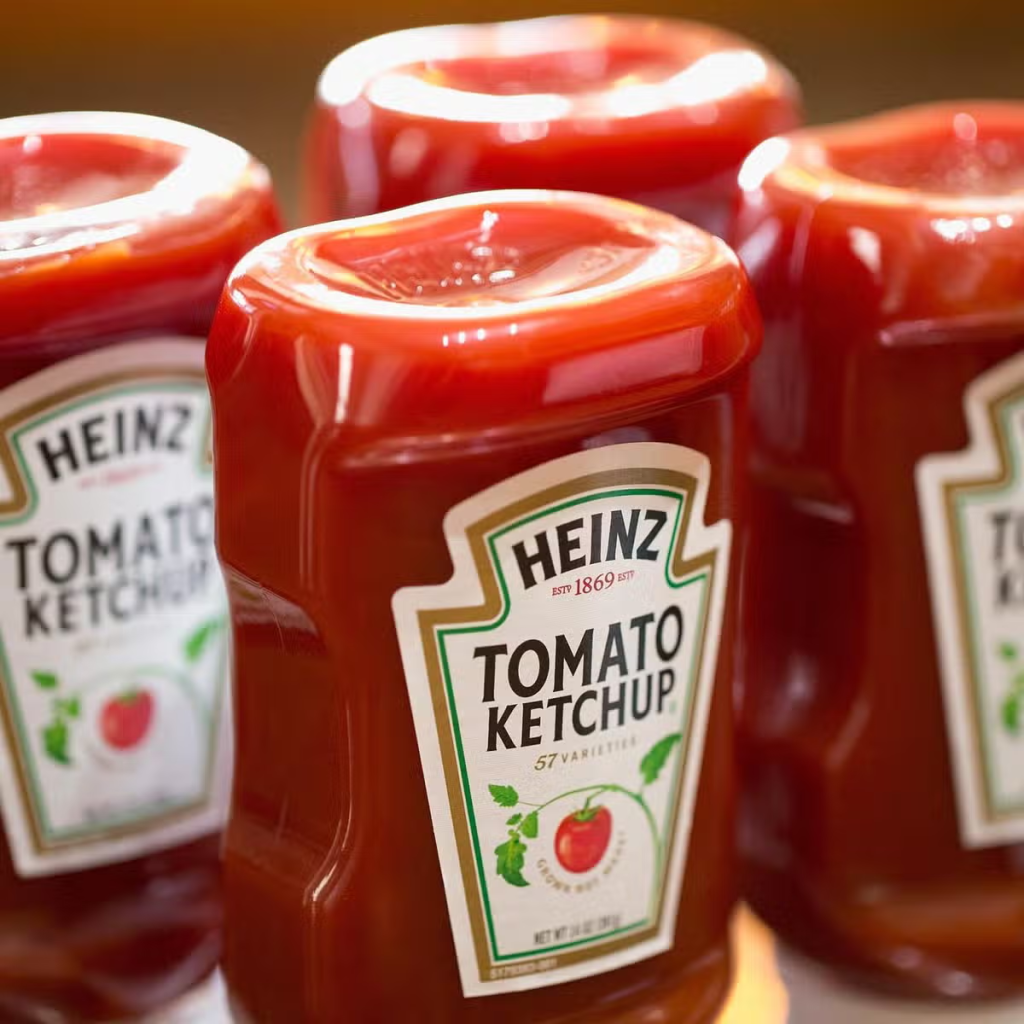Cucumbers have long been celebrated in skincare for their hydrating and soothing properties. While they may not be a magic solution to all wrinkles, even at 70 years old, there’s no denying that cucumbers offer noticeable benefits for the skin, particularly when it comes to reducing puffiness and refreshing the appearance. So why should you consider incorporating cucumbers into your skincare routine?
Why Cucumbers?
Cucumbers are rich in water, which helps hydrate the skin, and they contain antioxidants like vitamin C and folic acid that help fight against environmental stressors and may reduce the appearance of wrinkles over time. The cooling effect of cucumbers is also perfect for calming irritated skin.
How to Use Cucumbers for Skin Care
Cucumber Slices
- Cut a fresh cucumber into thin slices.
- Lie down and place the slices over your eyes and any wrinkled areas, such as the forehead or around the mouth.
- Leave them on for about 10 to 15 minutes.
While this won’t permanently erase wrinkles, it can help reduce under-eye puffiness and refresh your skin.
Cucumber Mask
- Peel and puree one cucumber.
- Mix the cucumber puree with aloe vera gel for an extra soothing effect or honey for additional moisture.
- Apply the mixture to your face and leave it on for about 15-20 minutes before rinsing with cool water.
This can help soothe, hydrate, and tighten the skin, making wrinkles less noticeable.
Cucumber Juice Toner
- Grate a cucumber and strain its juice.
- Apply the cucumber juice to your skin using a cotton ball.
- Let it sit for about 10 minutes, then rinse with cold water.
This toner can help tighten pores and refresh the skin.
Realistic Expectations
While cucumbers are excellent for hydrating and revitalizing the skin, they are not a miracle cure for wrinkles. Skin aging is influenced by many factors, including genetics, sun exposure, and lifestyle habits. Cucumbers can help reduce the appearance of wrinkles by hydrating and tightening the skin temporarily, but they cannot eliminate wrinkles completely or reverse skin aging.
Conclusion
Incorporating cucumbers into your skincare routine can be a delightful way to refresh and hydrate your skin, reduce puffiness, and give your face a more rested appearance. Regular use, combined with a well-rounded skincare regimen that includes sun protection and healthy lifestyle choices, can help maintain the skin’s youthful appearance. So, while cucumbers might not wipe away all signs of aging in minutes, they are certainly a soothing and beneficial addition to your skincare arsenal.

The Great Ketchup Debate: To Refrigerate or Not to Refrigerate?

It can be really confusing to walk through the aisles of our favorite grocery shop and figure out what food items require refrigeration and what doesn’t.
It is reasonable to believe that if a product isn’t refrigerated in stores, it also doesn’t need to be at home. That isn’t always the case, though.
A modest word in fine type can be found on the labels of many products on grocery store shelves if we look closely: “refrigerate after opening.” Sadly, not everyone takes note of this small directive, and even those who do sometimes decide to disregard it. Ketchup is an excellent illustration of this.
The popular ketchup brand, Heinz, actually advises chilling their product as soon as you bring it inside. You may be asking yourself, “But why does ketchup need to be refrigerated when I see bottles of it sitting on the store shelves?” Heinz wants you to know that it’s all for the best, though.

This ketchup conundrum intrigued me, so I decided to look into it directly. I grabbed a bottle of Heinz ketchup from my own kitchen and read the label carefully. And there it was—the warning to “For best results, refrigerate after opening”—subtly printed in small text on the label on the reverse. Thus, the recommendation is clear: refrigeration is advised.
Were you aware that Heinz addressed this issue on Twitter as well? The message on their short tweet said, “FYI: Ketchup goes in the fridge!!!” This tweet grabbed the attention of people all over social media and started a heated debate among ketchup lovers.

Heinz even went so far as to survey people about how they keep their ketchup in storage at home. The outcomes were really intriguing. Of all the people who use ketchup, 36.8% keep it in a cabinet and 63.2% keep it in the refrigerator.
It’s intriguing to learn the motivations behind some people’s decisions to disregard refrigeration recommendations. They contend that ketchup tastes good even when kept at room temperature and that it doesn’t spoil readily. The good news is that you can keep your ketchup fresher for longer by refrigerating it, which will increase its shelf life.

Thus, keep in mind what Heinz suggests if you’re still not sure if you should refrigerate your ketchup. And why not follow the rest of us and store that bottle of ketchup in the refrigerator, nice and cold? It’s a simple method to guarantee that your favorite condiment remains flavorful and fresh.
It’s your time to comment on the ketchup controversy now! Which is better for storing ketchup—in a cupboard or the refrigerator? Let’s continue the conversation and hear about your ketchup preferences!



Leave a Reply